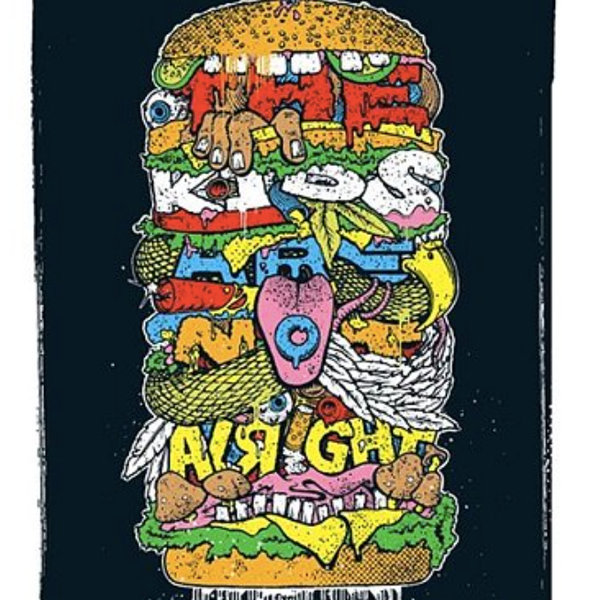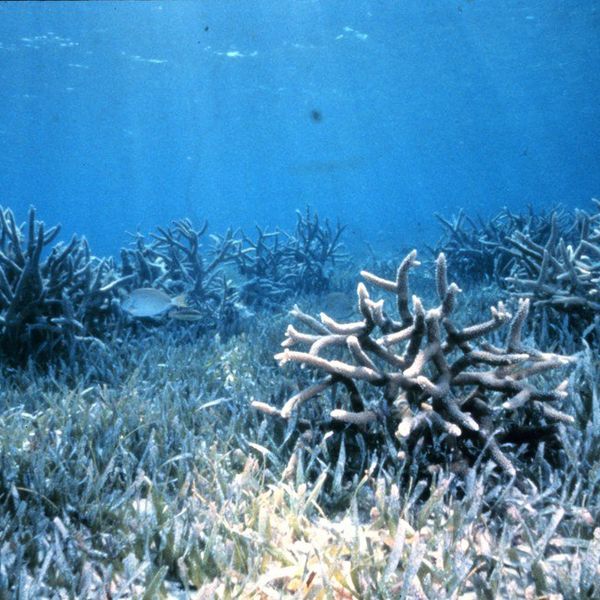Today's world challenges farmers every day. Media miscommunication, climate change, urban sprawl and population growth are just a few outside of the daily struggles of being a farmer. The world is concerned about the environment, and rightly so. We use millions of gallons of oil every day that took millions of years to produce. We pollute clean drinking water. We cut down rainforests that will probably never grow back. These practices are going to leave the world struggling in a mere 100 years. If we don't find alternative methods for power and products, our society cannot continue at the velocity it is.
Many people think the answer to all of our problems is to go organic. I'll admit, it leaves a much smaller carbon footprint. It keeps ecosystems more natural. But you know what it doesn't do? Feed the world.
Yields from organic farming are much smaller than conventional farming. GMOs, pesticides, and irrigation are what feed our country and the world. They've been proven safe for human consumption, so that is what farmers turn to in order to get the job done. I firmly believe there is a medium where conventional farming and sustainability harmonize.
To find this median, we need to accept that monocultures have their downfalls. Genetically modified corn spreads resistance to weeds. Nitrogen runoff from fields harms drinking water. However, the answer to these solutions is in conventional farming. To solve the weed resistance, we rotate seed every year like the medical field rotates antibiotics. GM crops that have more nodules will help absorb the nitrogen rather than letting it run off into the drinking water.
There is no need to fear conventional farming. The fear should be in not finding sustainable alternatives.





















